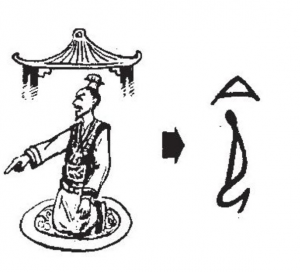Free

- 361 lessons
- 0 quizzes
- 99999 week duration
-
Previous Levels
-
Level 57
-
Level 58
-
Level 59
-
Level 60
-
Level 61
-
Level 62
-
Level 63
-
Level 64
-
Level 65
-
Level 66
-
Level 67
-
Level 68
-
Level 69
-
Level 70
-
Level 71
-
Level 72
-
Level 73
-
Level 74
-
Level 75
-
Level 76
-
Level 77
-
Level 78
-
Level 79
-
Level 80
-
Level 81
-
Level 82
-
Level 83
-
Level 84
-
Level 85
-
Level 86
-
Level 87
-
Level 88
-
Level 89
-
Level 90
-
Level 91
-
Level 92
-
Level 93
-
Level 94
-
Level 95
-
Level 96
-
Level 97
-
Level 98
-
Level 99
-
Level 100
-
Level 101
-
Level 102
-
Level 103
-
Level 104
-
Level 105
-
Level 106
-
Level 107
-
Level 108
-
Level 109
-
Level 110
-
Level 111
-
Level 112
-
Level 113
-
Level 114
-
Level 115
-
Level 116
-
Level 117
-
Level 118
-
Level 119
-
Level 120
-
Level 121
-
Level 122
-
Level 123
-
Level 124
-
Level 125
-
Level 126
-
Level 127
-
Level 128
N3 Kanji 9: 令
Meaning:

In Japanese, 令 means “to command”.
How to read it:
| Kunyomi | Not often used |
| Onyomi | れい |
How to write it:

Origin:

You can see that a man is giving command to others.
So 令 means “to command”.

Development:

Vocabulary:
| Word | Reading | Meaning |
|---|---|---|
| 命令 | めいれい | order |
| 司令 | しれい | command |
| 指令 | しれい | order |
| 法令 | ほうれい | legal imperatives |
| 政令 | せいれい | cabinet order |
| 発令 | はつれい | official announcement |
| 辞令 | じれい | letter of appointment |
| 省令 | しょうれい | ministerial ordinance |
| 訓令 | くんれい | instruction |
| 令嬢 | れいじょう | daughter |
| 令状 | れいじょう | warrant |
Prev
N3 Kanji 8: 付
Next
N3 Kanji 10: 仲